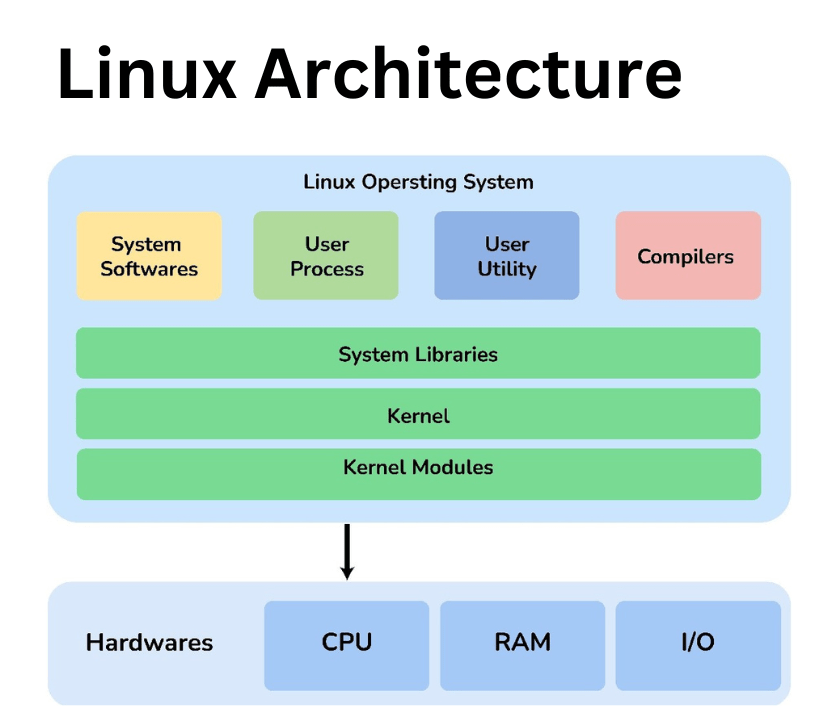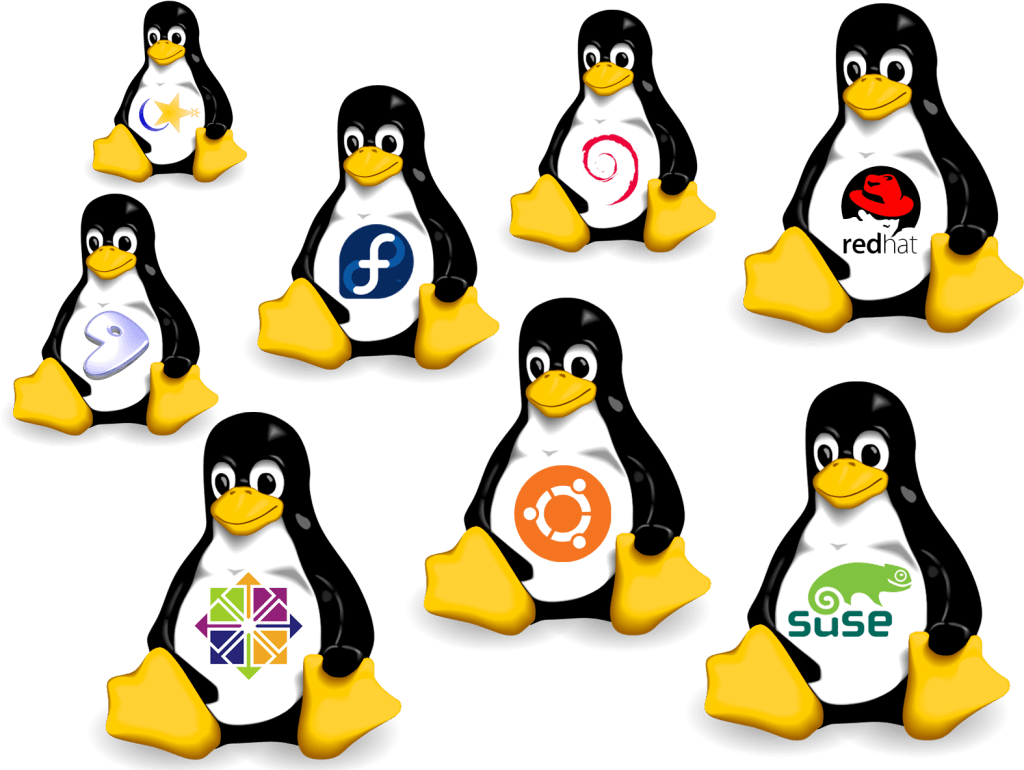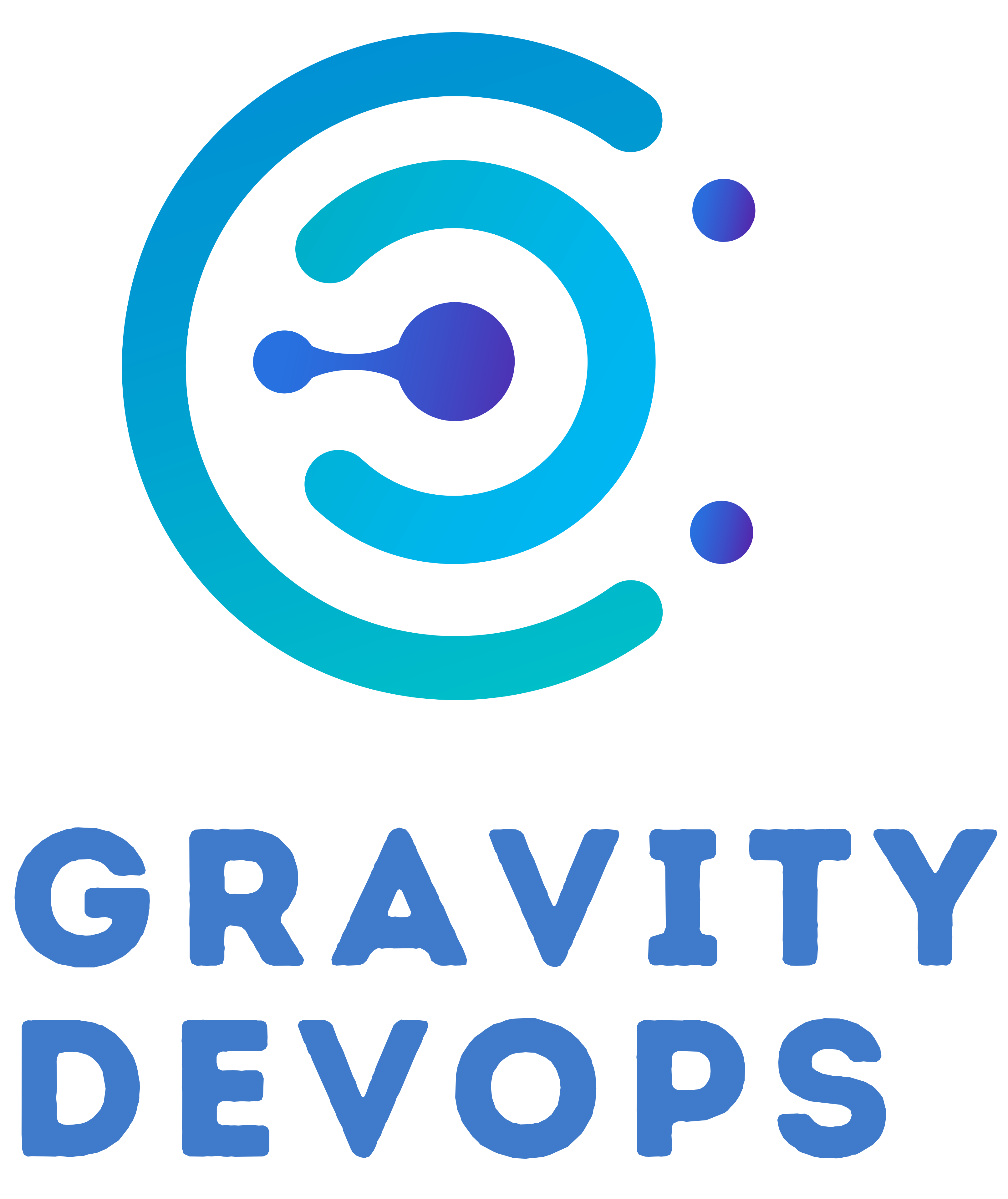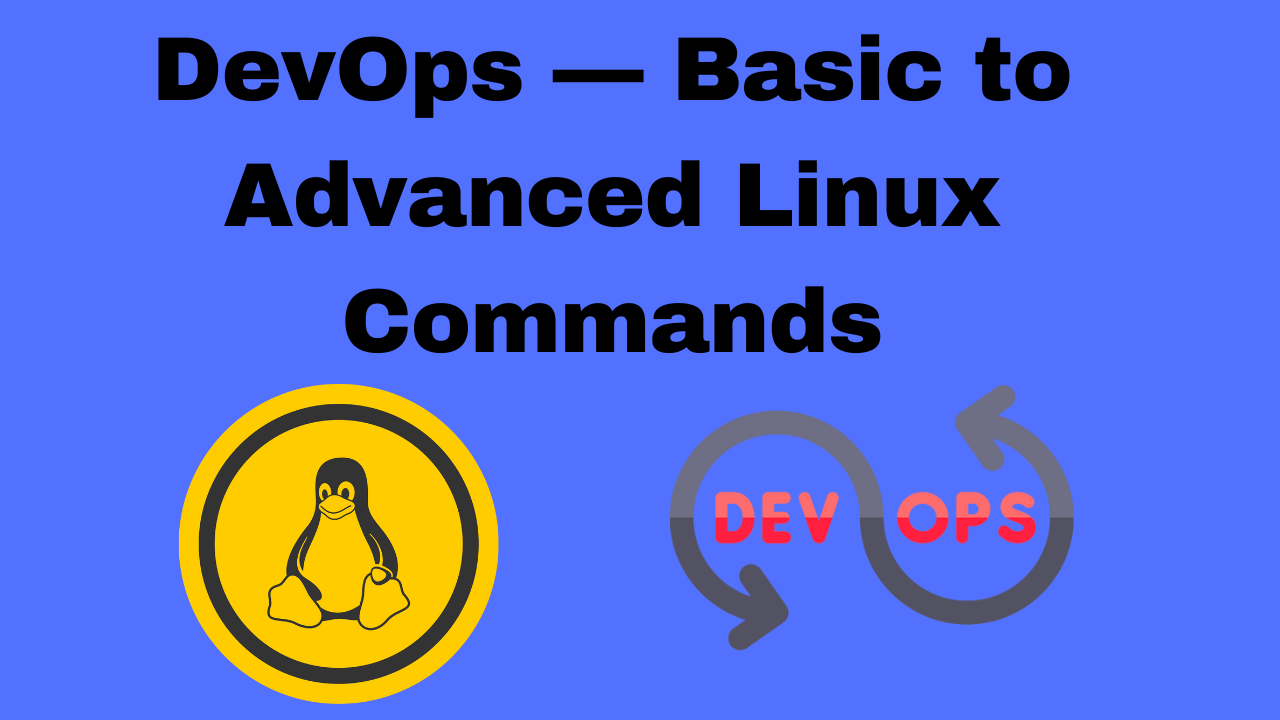Introduction to Linux for DevOps Engineers
In today’s fast-paced and dynamic technology landscape, Linux has emerged as a critical element in the world of DevOps. DevOps engineers rely on Linux for its robustness, flexibility, and open-source nature. Linux provides a solid foundation for implementing modern DevOps practices and enables seamless collaboration between development and operations teams.

Importance of Linux in the DevOps world
Linux serves as the backbone of many DevOps workflows because of its compatibility with a wide range of tools and technologies. It offers a stable and secure operating system environment, allowing DevOps engineers to focus on building and delivering innovative solutions. Moreover, Linux encompasses a vast ecosystem of software and libraries that facilitate agile development and deployment processes.
Advantages of Linux for DevOps engineers
DevOps engineers benefit from Linux in numerous ways. Firstly, Linux allows for effortless scalability, enabling seamless management of infrastructure resources, whether on-premises or in the cloud. Secondly, Linux distributions such as Ubuntu, CentOS, and Debian provide long-term support, ensuring stability and reliability in the DevOps environment. Additionally, Linux’s command line interface (CLI) empowers engineers with granular control over system configurations and enhances automation capabilities.
Understanding the Basics of Linux
To fully harness the power of Linux in the DevOps space, it is crucial to comprehend its fundamental building blocks.
Linux architecture and kernel
Linux operates on a monolithic architecture, where the kernel serves as the core component. The kernel interacts directly with the hardware, managing system resources and providing essential services. It acts as a bridge between the software and hardware layers, ensuring the smooth operation of applications and processes.

Different Linux distributions and their significance
The Linux ecosystem offers a variety of distributions, each tailored to specific needs and use cases. Ubuntu, with its user-friendly interface and extensive community support, appeals to many DevOps engineers. CentOS, known for its stability and security focus, is another popular choice. Moreover, distributions such as Fedora, Debian, and Arch Linux cater to different preferences, providing a range of options for DevOps professionals.

Command line vs. graphical interfaces in Linux
Linux provides the flexibility of choosing between command line interfaces (CLI) and graphical user interfaces (GUI). While GUIs simplify interaction with the system and offer visual representations, CLIs offer greater control and efficiency. DevOps engineers often leverage the power of the command line to automate tasks, carry out system configurations, and perform advanced troubleshooting.
Setting Up a Linux Environment for DevOps
Creating an optimal Linux environment for DevOps requires careful considerations and proper configurations.
Choosing the right Linux distribution for a DevOps environment
When selecting a Linux distribution, DevOps engineers should assess factors such as community support, stability, package availability, and compatibility with their existing infrastructure. Ubuntu, for instance, is favored by many due to its extensive documentation and vibrant community, while CentOS is a go-to choice for its focus on stability and enterprise-grade support.
Installation and configuration best practices
Once the Linux distribution is chosen, proper installation and configuration best practices play a crucial role. Engineers should follow industry-standard procedures, including setting up secure access controls, enabling necessary repositories, and configuring essential system services. Adhering to these best practices ensures a robust and reliable Linux environment for DevOps workflows.
Common tools and packages used in Linux for DevOps
Linux offers an extensive collection of tools and packages that enhance the productivity and efficiency of DevOps engineers. Tools like Git and Jenkins facilitate seamless source code management and continuous integration/continuous deployment (CI/CD), respectively. Package managers such as APT (Advanced Package Tool) and YUM (Yellowdog Updater, Modified) simplify the installation and management of software packages. Furthermore, utilities like Docker and Ansible streamline containerization and infrastructure automation processes.
Mastering the Linux Command Line
The command line interface (CLI) is a powerful tool that empowers DevOps engineers with fine-grained control over Linux systems. Familiarizing oneself with essential Linux commands is key to mastering the CLI.
Introduction to the command line interface (CLI)
The command line interface serves as the gateway to unleashing the full potential of Linux. It allows DevOps engineers to interact with the operating system directly through textual commands, providing unparalleled flexibility and control.
Essential Linux commands for DevOps engineers
DevOps engineers should be well-versed in a range of essential Linux commands that help manage various aspects of the system.
1.File and directory management
ls: List files and directories in a location.cd: Change the current directory.mkdir: Create a new directory.rm: Remove files and directories.mv: Move or rename files and directories.
2.User and permission management
useradd: Create a new user.usermod: Modify user attributes.passwd: Change user passwords.chown: Change file ownership.chmod: Modify file permissions.
3.Process and service management
ps: Display running processes.kill: Terminate running processes.systemctl: Control system services.top: Monitor system resource usage.journalctl: View system logs.
4. Networking and system monitoring
ifconfig: Configure network interfaces.netstat: Display network statistics.ping: Test network connectivity.iptables: Set up firewall rules.sar: Collect and analyze system performance data.
Linux beginner course for free – Click here
Free Linux Terminal- Click here
Command line shortcuts, tips, and tricks
To enhance productivity, DevOps engineers should be aware of command line shortcuts, tips, and tricks that streamline their workflow. Some common ones include using tab completion to quickly navigate file paths, using the up and down arrow keys to recall previous commands, and leveraging the grep command to search for specific patterns within files.
Shell Scripting for Automation
Automation plays a vital role in the DevOps world, and shell scripting provides a powerful means to achieve it.
Introduction to shell scripting languages (Bash, Zsh, etc.)
Shell scripting enables DevOps engineers to automate routine tasks and orchestrate complex workflows. Bash (Bourne Again Shell) and Zsh (Z shell) are popular shell scripting languages in the Linux ecosystem, offering a rich set of features and compatibility with a wide range of tools.
Writing, executing, and debugging shell scripts
DevOps engineers should be proficient in writing shell scripts using language-specific syntax and conventions. Executing scripts involves making them executable and running them in the designated shell environment. Debugging techniques, such as echoing variable values and leveraging built-in shell debugging options, can help troubleshoot issues during script development.
Automating routine tasks with shell scripting
Shell scripting serves as a powerful automation tool for DevOps engineers, allowing them to execute repetitive tasks efficiently. By scripting tasks such as environment setup, log monitoring, and application deployments, engineers can save considerable time and effort, enabling a faster and more reliable DevOps workflow.
Linux Containers and Virtualization
Containerization and virtualization technologies have revolutionized the DevOps landscape, and Linux serves as a robust platform for their implementation.
Understanding containerization and virtualization concepts
Containers and virtual machines (VMs) provide isolated and portable environments for running applications. Containers share the host operating system kernel, resulting in lightweight and faster deployments, while VMs offer more comprehensive system isolation. DevOps engineers should grasp these concepts to choose the right technology for their specific use cases.
Docker and Kubernetes: Industry-leading container technologies
Docker, a containerization platform, has gained immense popularity due to its ease of use and portability. DevOps engineers can package applications and dependencies into Docker containers, ensuring consistent environments across various stages of the software development lifecycle. Kubernetes, on the other hand, is an industry-leading orchestration tool that simplifies the management of containerized applications, providing scalability, fault tolerance, and service discovery.
Monitoring and Logging in Linux
Monitoring and logging are critical aspects of maintaining the health, performance, and security of Linux systems.
Understanding the significance of monitoring and logging
Monitoring allows DevOps engineers to detect and address system issues proactively, ensuring optimal system performance. Logging captures relevant events and activities, aiding in troubleshooting, performance analysis, and compliance audits.
Popular monitoring tools: Prometheus, Nagios, etc.
DevOps engineers have access to a plethora of monitoring tools designed specifically for Linux systems. Prometheus, with its highly scalable and flexible nature, offers advanced metrics collection and alerting capabilities. Nagios provides robust monitoring of system resources, services, and network devices. Other popular tools include Grafana, Zabbix, and Icinga, each offering unique features to cater to diverse monitoring requirements.
Security Considerations for Linux in DevOps
Security forms a vital pillar of the DevOps ecosystem, and Linux provides several mechanisms to safeguard infrastructure and applications.
Importance of security in the DevOps landscape
In a DevOps environment, security practices are fundamental to protecting sensitive data, ensuring compliance, and safeguarding against cyber threats. Linux offers numerous security features and best practices that DevOps engineers must adhere to.
Securing Linux servers and services
To secure Linux servers and services, DevOps engineers should implement various measures. These include regular system updates, enforcing strong authentication mechanisms, configuring firewalls, utilizing intrusion detection and prevention systems (IDS/IPS), employing secure encryption protocols, and adopting secure coding practices. Additionally, penetration testing and vulnerability assessments help identify and rectify potential security weaknesses.
Summary and Key Takeaways
Linux proficiency is crucial for DevOps engineers to excel in their roles. Let’s summarize the key concepts and tools covered in this article:
- Importance of Linux in the DevOps world
- Understanding Linux architecture and different distributions
- Setting up a Linux environment for DevOps
- Mastering the Linux command line
- Shell scripting for automation
- Monitoring and logging using popular tools like Prometheus and Nagios
- Security considerations for Linux in DevOps
Proficiency in Linux empowers DevOps engineers to efficiently manage infrastructure, automate tasks, ensure system health, and uphold security practices.
Recommendations for further learning and practice
To further enhance your knowledge and skills in Linux for DevOps, consider the following resources:
- Online tutorials and courses: Udemy, Coursera, and Linux Foundation provide comprehensive learning materials.
- Community forums and discussions: Engage in discussions with fellow DevOps professionals on platforms like Reddit and Stack Overflow.
- Hands-on practice: Set up personal projects or contribute to open-source projects that involve Linux and DevOps technologies.
- Continuous learning: Stay updated with the latest trends, tools, and best practices by following relevant blogs, attending webinars, and participating in conferences.
FAQs (Frequently Asked Questions)
Here are some commonly asked questions about Linux for DevOps:
What is the best Linux distribution for DevOps?
The choice of Linux distribution depends on various factors such as community support, stability, and compatibility with your infrastructure. Popular choices among DevOps engineers include Ubuntu, CentOS, and Debian.
How can I become proficient in Linux command line usage?
To become proficient in Linux command line usage, start by familiarizing yourself with essential commands and their functionalities. Practice regularly, explore different use cases and master command line shortcuts and tips. Enroll in online courses and participate in hands-on projects to deepen your understanding.
Which containerization tool should I choose for my DevOps workflow?
Docker is widely adopted and user-friendly, making it an excellent choice for most DevOps workflows. However, specific use cases might benefit from other containerization technologies like Podman or LXD. Evaluate your requirements and experiment with different tools to find the most suitable one for your needs.
How can Ansible simplify infrastructure management?
Ansible is a powerful automation tool that allows you to define infrastructure configurations as code. By writing Ansible playbooks, you can automate the provisioning, configuration, and deployment of resources. It simplifies infrastructure management by eliminating manual tasks, ensuring consistency, and promoting repeatability.
What are the essential skills for a DevOps engineer working with Linux?
A DevOps engineer working with Linux should possess a range of skills, including proficiency in Linux administration, strong scripting abilities, knowledge of containerization technologies, understanding of CI/CD practices, familiarity with networking concepts, and security awareness. Additionally, soft skills such as collaboration, communication, and problem-solving are equally important in a DevOps role.



